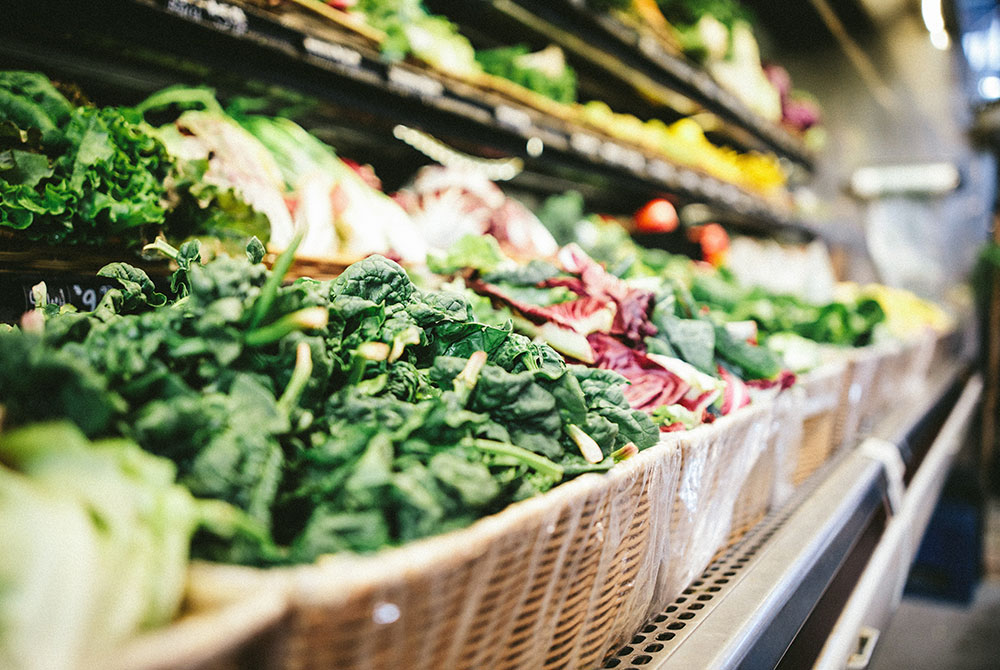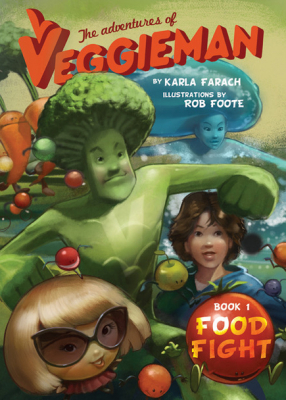
When you’re feeling stressed or down, do you have a go-to treat? Some may turn to a greasy plate of fries, a sugary bar of chocolate, or cheesy pizza as a vice. Maybe you have a favorite fast-food, delivery restaurant on speed dial or a stash of chips in the pantry to indulge in.
And as you consume them, have you ever found it difficult to eat a moderate amount? How simple is it to eat just one slice of pizza or a couple bites of a crunchy candy bar? Do you find it challenging to find a stopping point?
If you’re nodding your head in agreement, you’re not alone. In fact, these “junk foods” are designed for just that—to keep you hooked and reaching for more.
Let’s explore why.
What makes it junk food?
Ever wondered why it’s called “junk” food? At its core, junk food is any processed food made from refined and/or artificial ingredients that strips it of its nutritional value.
Junk food manufacturers take what may be otherwise healthy, whole foods and add salt, sugar, or fat to alter their flavor, extend shelf life, or create structure. This process depletes the food of its nutrients, and the end result is a product so altered that it becomes something else entirely. Though it may resemble food, it’s actually a toxic substitute for wholesome sustenance intended to nourish the human body.
That means while you’re filling up on empty calories, processed sugars, and an overabundance of salt, your body is actually starved of the vitamins and minerals it needs to stay healthy.
Examples of popular types of junk foods include:
- Sugary beverages like soda and fruit juice
- Breakfast cereals
- French fries and other fast food
- Potato chips, crackers, and similar snacks
- Cookies, muffins, and other baked goods
- Candy, chocolate bars, and other sweets
- Some types of bread
- Ice cream
- Processed meat such as bacon, sausage, ham, and cold cuts
Why is junk food addictive?
Research has proven that eating junk food can actually cause you to crave more. One recent study even found that consistently eating highly processed food and then cutting them out of your diet may lead to withdrawal symptoms—similar to an addiction to caffeine, drugs, or nicotine.
As with any substance dependency, consuming junk food stimulates the reward system of the brain. Those who eat junk food often or those vulnerable to such compulsions may find themselves in a full-blown cycle of addiction.
So if you’ve ever attempted to fine-tune your diet by eliminating these foods only to develop frequent headaches, unrelenting cravings, and disruptions in sleep, that’s why.
The effects of junk food on health
It’s important to note that consuming junk food in moderation is unlikely to negatively impact the trajectory of your health for the long-term. But as we’ve explored, eating small amounts of these foods is easier said than done.
In addition to their highly addictive nature, junk food is poor for your health. Not only may you find yourself spending a fortune at the dentist on cavities, but eating a diet that consists mainly of junk food can lead to a number of health complications.
Health outcomes of long-term junk food consumption
Some of these include:
- Metabolic syndrome
- Headaches
- Acne
- Depression, anxiety and other mental health problems
- Weight gain
- Insulin resistance, which can lead to diabetes
- High cholesterol
- Asthma and shortness of breath
- Bloating and other digestion problems
In other words, eating a lot of junk food affects every system in the body. From the respiratory system to the central nervous system, your whole body is processing and dealing with the excess calories, spikes in sugar, or heavy amounts of sodium. In addition, you aren’t getting any nutritional benefits from junk food, either.
How to choose healthier food options
Now let’s look at the health effects of a well-balanced diet.
This includes whole foods such as lean proteins, fiber-rich whole-grains and legumes, and fresh fruits and vegetables. These foods are full of antioxidants that protect your body from chronic disease. They are also full of the vitamins and minerals your body needs to stay healthy and thrive. And not only do they nourish you, but they also keep you feeling good, too.
So how can you improve your diet by cutting out the junk? Start small with these three steps.
3 tips to stop eating junk food
- Shop the outside aisles of the grocery store.
Tempted by all the candy and cookies in your grocery store? Avoid the temptation by shopping only the outer aisles instead. There, you can select fresh fruits and vegetables before stocking up on lean-proteins like fish and chicken. Then pick up a plant-based milk, sugar-free yogurt, and whole wheat bread (plenty of gluten-free options exist, too).
Before you know it, you’ll be out of the store without a cart full of toxic junk food.
- Stock up on healthy meals and snacks for your entire family.
When hunger strikes, stay prepared by having plenty of healthy options on hand that your entire family will like. If you need to, consider meal planning at the beginning of the week. Shop for all the ingredients you need for some of your favorite meals so you’ll be ready to prepare a meal instead of being tempted to order pizza.
Eating healthy doesn’t have to be complicated, either. Make simple meals on weeknights like vegetable or lentil soup, whole wheat pasta with vegetables, scrambled eggs, and grilled chicken or fish with roasted vegetables. Save leftovers for a quick lunch the next day. And if you’re craving something sweet, have a piece of fruit or spread some unrefined peanut butter and a drizzle of honey over a rice cake.
As for snacks, keep healthy options within reach of your kids so they will always have something tasty to eat. Cut up fruits and vegetables at the beginning of the week so your kids can dip into hummus. If you’re going to buy prepackaged snacks, look for ones with the fewest number of wholefood ingredients.
- Explore cooking methods and alternatives to your favorite junk food.
Think you can’t give up junk food completely? Consider making healthier versions of your favorite foods. Here are some fresh alternative ideas:
- Replace sugary soda and juices with fresh, filtered water. (Try fruit infused water for a sweeter twist.)
- Roast sweet potato wedges as an alternative to fried and fat-laden French fries.
- Replace your nightly sweet treats with a square or two of dark chocolate that’s at least 70 percent cocoa.
- When you’re eating in a restaurant, scan the menu for real fruits, veggies, healthy proteins, and whole foods.
- Try out an air fryer to add crunch and texture to potatoes and veggies as a substitute for fried options.










